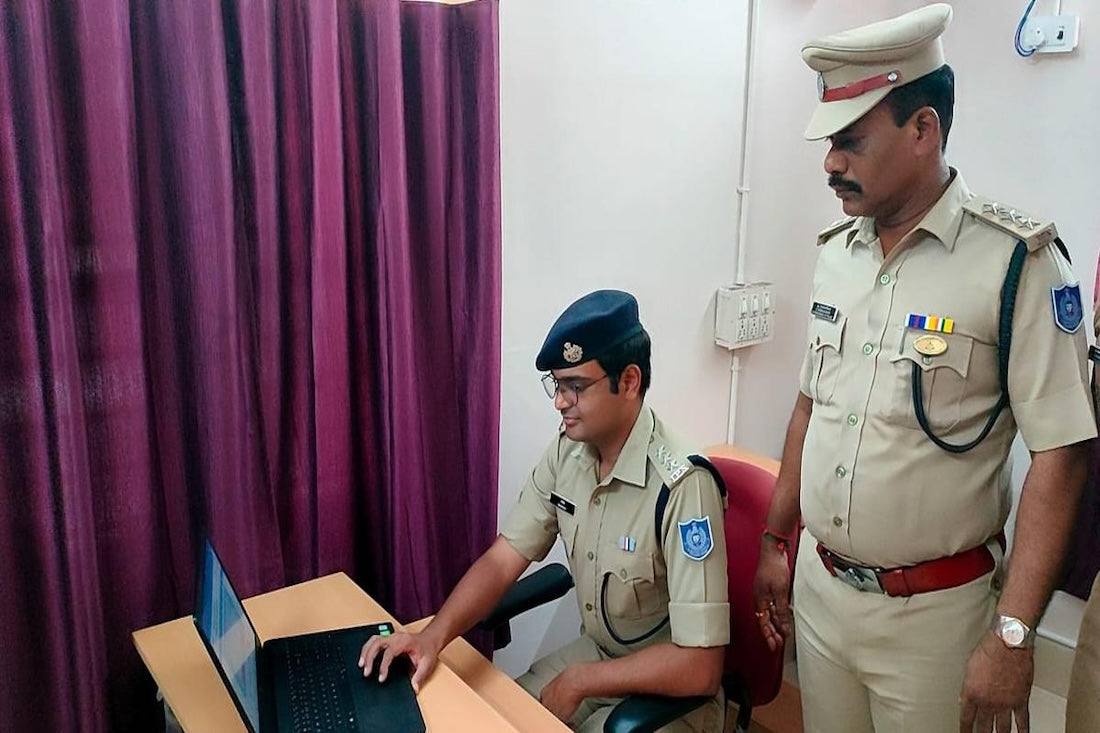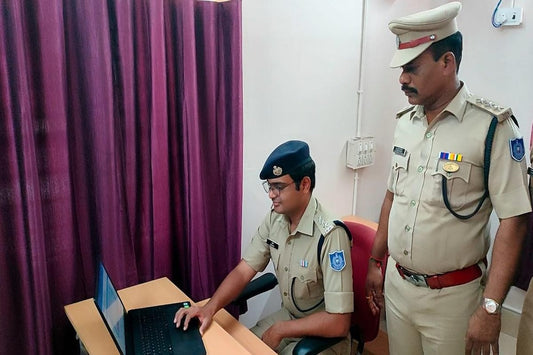No More Delays: How FIR & Criminal Complaint Reforms 2025 Will Speed Up Justice

The First Information Report (FIR) is the starting point of the criminal justice system in India, marking the moment when a complaint transforms into a formal investigation. In 2025, the landscape of FIR filing and criminal complaints has undergone a massive transformation. With a strong push towards technology, strict timelines, and new legislative frameworks, the system now aims to accelerate case disposal, ensure transparency, and strengthen victim rights.
Key Changes in FIR Filing
-
Online FIR Registration
Citizens can now file FIRs from anywhere through online platforms – no more standing in queues at police stations.
-
Simplified Language
Fir forms are being rewritten in plain, everyday language, making it easier for ordinary people to describe their grievances without legal jargon. -
Mandatory Registration
Police officers are now required to register every FIR upon receiving a complaint, removing earlier discretionary refusals. -
Time-bound Registration
Complaints must be documented within set timelines, ensuring that investigations begin without unnecessary delays. -
Immediate Copy to Complainant
Victims receive a copy of the FIR right after registration—an important step towards transparency. -
Identity Protection
For sensitive cases (like sexual offenses), reforms now mandate strict confidentiality to safeguard complainants. -
Officer Training
Police training modules now include empathy, sensitivity, and legal compliance in FIR handling.
Criminal Complaint Process Reforms
Beyond FIRs, the broader criminal complaint system has been reimagined to ensure faster and fairer outcomes:
-
Delayed FIRs Allowed with Reasons
In serious crimes, late filing is permitted if the reason for delay is explained. For minor offenses, limitation periods are applied. -
All Cases Under New Codes
Every case – regardless of when the crime occurred – is now registered under updated laws (BNS, BNSS, BSA), ensuring modern procedures apply across the board. -
Digital Evidence Recognition
Emails, messages, and social media posts are admissible for faster verification and trial. -
Victim-Centric Reforms
Victims can track case status online, access legal aid and psychological support, and are shielded from trial harassment.
Timelines & Impact on Justice Delivery
-
Tech-driven Speed
E-filing, digital case tracking, and online access to evidence cut down delays and bottlenecks.
-
Fixed Deadlines
Investigations, charge sheets, and even verdicts now have strict timelines—creating certainty and reducing judicial backlog. -
Fewer Adjournments
Courts are discouraging unnecessary adjournments and promoting video conferencing to make hearings more efficient.
Why These Reforms Matter
Together, these reforms represent a modernized, victim-focused, and technology-enabled justice system. The goal is clear:
-
Faster investigations
-
Transparent processes
-
Empowered victims
-
Reduced backlog
India’s criminal justice system is moving towards a future where justice is not just delayed less often – but also delivered more effectively.






